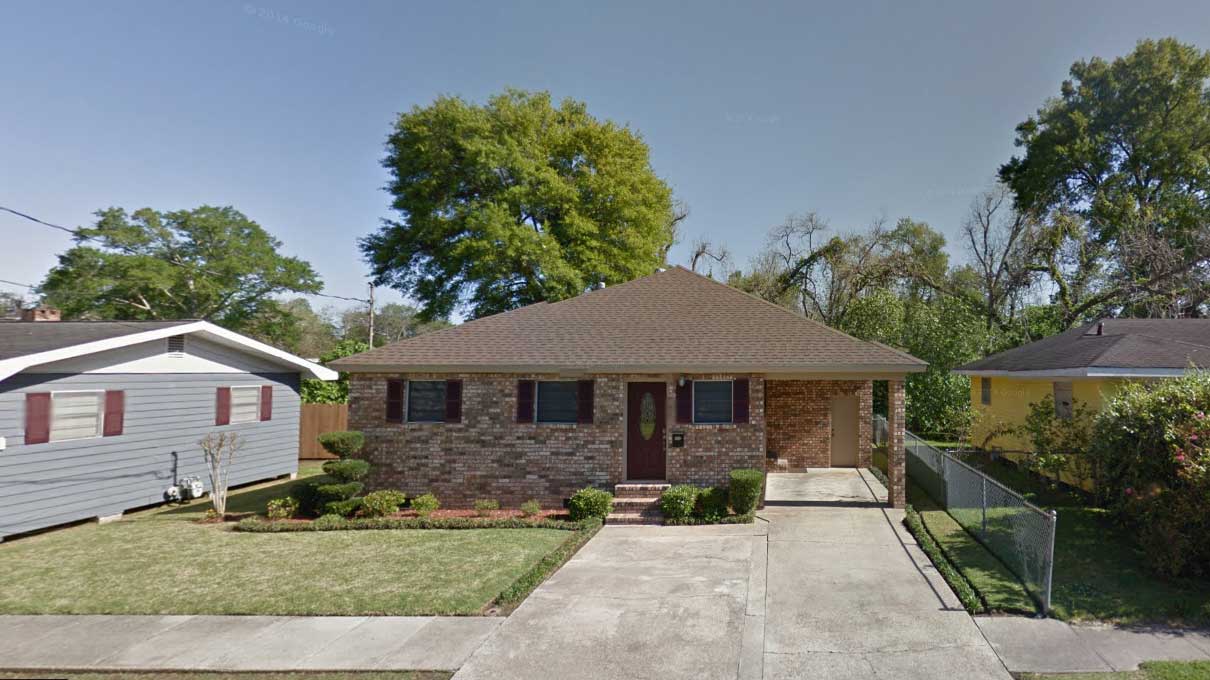Dealing with the loss of a loved one without a will in place can be a challenging and emotionally taxing time. Inheriting real estate in louisiana under these circumstances can present complex challenges. To navigate this situation effectively, it is crucial to understand your rights and responsibilities as an heir. By following these steps, you can ensure a smoother process and minimize the risk of legal complications or conflicts with other family members.
1. Determine Ownership Status Of Property
The first step is to determine your ownership status of the inherited property. This will depend on the state laws where the property is located. Generally, if the deceased person was married, their spouse will inherit the property. If they were unmarried, the property will be divided among their children, parents, or siblings, depending on the state laws.
2. Get a Professional Appraisal
It’s important to get a professional appraisal of the property to determine its market value. This will help you understand the worth of the property and make informed decisions about what to do with it. You can hire a professional appraiser or get an estimate from a local real estate agent.
3. Decide What to Do with the Property
Once you know the value of the property, you can decide what to do with it. You can choose to keep it, sell it, or rent it out. If you decide to keep it, you will need to pay property taxes and maintenance costs. If you decide to sell it, you will need to hire a real estate agent and pay their commission fees. If you decide to rent it out, you will need to become a landlord and handle tenant issues. A third option is to sell the property directly to Lafayette Cash Home Buyers, avoiding repairs, commissions, and wasted time.
4. Get Legal Help
It’s always a good idea to get legal help when dealing with inherited real estate. An attorney can help you navigate the legal process, especially if there are other heirs involved. They can help you understand your rights and responsibilities as an heir, and help you avoid any legal issues down the road.
5. Communicate with Other Heirs
If there are other heirs involved, it’s important to communicate with them and come to an agreement on what to do with the property. This can be a difficult conversation, but it’s necessary to avoid any conflicts down the road. You can hire a mediator to help facilitate the conversation and come to an agreement that works for everyone.
6. Pay Any Outstanding Debts
If the deceased person had any outstanding debts, such as a mortgage or property taxes, you will need to pay them off. This will ensure that you have clear ownership of the property and avoid any legal issues down the road.
7. Transfer Ownership
Once you’ve determined your ownership status, decided what to do with the property, and paid off any outstanding debts, you can transfer ownership of the property. This will involve filing paperwork with the county where the property is located. You will need to provide proof of ownership, such as a death certificate and any legal documents related to the inheritance.
Inheriting real estate can be a complex process, particularly without a will in place. By following these steps and seeking professional assistance when necessary, you can navigate the situation smoothly and avoid potential legal complications. Remember to engage with other heirs, settle any debts, and seek legal guidance if required. With careful planning, you can maximize your inheritance by either retaining the property or opting for a swift sale to Lafayette Cash Home Buyers. Contact us today to explore the options available to you! (337) 366-0230

